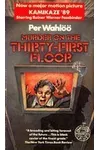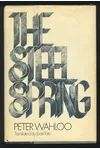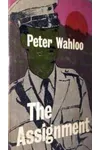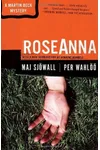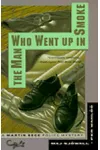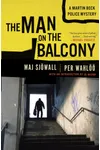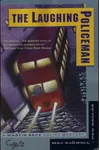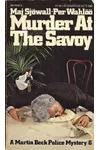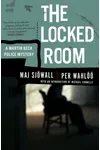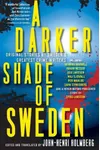Picture a Swedish storyteller who turned gritty police work into a global sensation—meet Per Wahlöö! Born in 1926, Wahlöö, alongside his partner Maj Sjöwall, crafted the Martin Beck series, sparking the Nordic noir craze that still thrills readers today. With a knack for blending crime fiction with sharp social critique, Wahlöö’s stories are as thought-provoking as they are gripping.
From his early days as a journalist to his untimely death in 1975, Wahlöö’s life was a whirlwind of adventure, ideology, and literary innovation. Let’s dive into the world of this trailblazing author whose pen reshaped crime fiction.
The Making of Per Wahlöö
Per Fredrik Wahlöö was born on August 5, 1926, in Tölö parish, Kungsbacka, Sweden. After school, he dove into crime reporting in 1946, honing his knack for storytelling amid real-life dramas. His wanderlust led him on global travels, soaking up experiences that later flavored his novels. Back in Sweden, he returned to journalism, working for Tidsignal and sharpening his leftist views, which would define his work.
In 1962, Wahlöö met Maj Sjöwall, a fellow journalist and kindred spirit. Their shared passion for storytelling and Marxist ideals sparked a creative partnership—and a 13-year romance. Together, they set out to redefine crime fiction, blending gritty realism with social commentary.
Per Wahlöö’s Unforgettable Stories
Wahlöö’s solo novels, like A Necessary Action (1962) and Murder on the Thirty-First Floor (1966), showcased his early style—Kafkaesque allegories critiquing power and societal decay. But it was his collaboration with Sjöwall on the Martin Beck series that cemented his legacy. This 10-novel saga, starting with Roseanna (1965), follows Stockholm detective Martin Beck, a flawed, empathetic sleuth navigating brutal crimes and a flawed society.
The series, including standouts like The Laughing Policeman (1968) and The Terrorists (1975), is a masterclass in police procedurals. Wahlöö and Sjöwall’s lean prose, methodical pacing, and focus on societal underbellies—poverty, corruption, and inequality—set a new standard. The Laughing Policeman, a chilling tale of a bus massacre, won the Edgar Award in 1971, proving their global impact. Their stories, often smoke-filled and morally complex, birthed Nordic noir, influencing writers like Henning Mankell and Jo Nesbø.
The duo’s unique process—writing alternate chapters at their kitchen table—infused the series with a seamless blend of their voices. Wahlöö’s journalistic precision and Sjöwall’s character depth made Beck a prototype for the tormented detective, wrestling with bureaucracy and personal struggles.
Why Per Wahlöö Matters
Wahlöö’s work transcended entertainment, holding a mirror to Sweden’s welfare state and exposing its cracks. His Marxist lens challenged readers to question capitalism’s cold march, making his novels as political as they were thrilling. The Martin Beck series inspired countless adaptations, from Swedish TV shows to a 1973 Hollywood film, The Laughing Policeman, starring Walter Matthau.
Despite his death at 48 from pancreatic cancer, Wahlöö’s influence endures. Modern Nordic noir giants like Stieg Larsson owe him a debt, and his stories remain timeless for their human portraits and social insight. Wahlöö didn’t just write mysteries—he sparked a genre revolution.
About Per Wahlöö
- Born: August 5, 1926, in Kungsbacka, Sweden
- Key Works: Martin Beck series, A Necessary Action, Murder on the Thirty-First Floor
- Award: Edgar Award for Best Novel, 1971 (The Laughing Policeman)
- Died: June 22, 1975, in Malmö, Sweden
Ready for a thrilling ride? Snag Roseanna or The Laughing Policeman and dive into Per Wahlöö’s gritty, game-changing Nordic noir!
